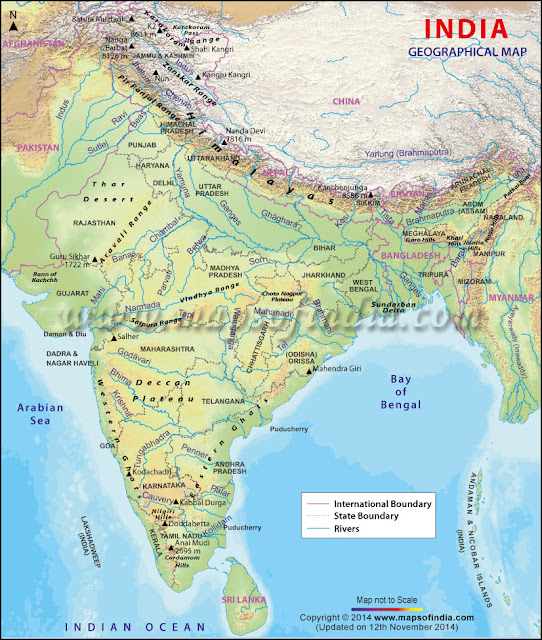| Cabinet System of Ministers
Post of PMParliamentary Type of Govt.
Bicameral Parliament
Lower House more powerful
Council of Ministers responsible to Lowe House
Speaker in LokSabha.
FROM UK
| |
| From U.S. | Written Constitution
Executive head of state known as President and his being the Supreme Commander of the Armed Forces
Vice- President as the ex-officio Chairman of RajyaSabha
Fundamental Rights
Supreme Court
Provision of States
Independence of Judiciary and judicial review
Preamble
Removal of Supreme court and High court Judges
|
| From USSR | Fundamental Duties ,
Five year Plan
|
| From AUSTRALIA | Concurrent list,
Language of the preamble,
Provision regarding trade,
commerce and intercourse
|
| From JAPAN | Law on which the Supreme Court function |
| GERMANY | Suspension of Fundamental Rights during the emergency |
| From CANADA | Distribution of powers between center and the states and placing.
Residuary Powers with the center
|
| From IRELAND | Concept of Directive Principles of States Policy(Ireland borrowed it from SPAIN), Method of election of President |
Geography of India
ssc preparation, important competetion questions, current affairs of india, latest question asked in competetion papers, Geography of India Physiographic Regions On the basis of relief features, tectonic history and stratigraphy, India can be divided into several physical units. The Great Mountains of the North: India comprises the Himalayas in the North and Northeastern region, which divides the country from the Tibetan plateau. The Himalayan range is further divided into different ranges: Pir Panjal Range: This is the largest range of the lower Himalayas and runs from the east-southeast to west-northwest. The Pir Panjal pass lies to the west of Srinagar and comprises Banihal Pass, Sinthal Pass, Rohtang La, Munawar Pass and Haji Pir Pass. Ladakh Range: This range extends from the northern side of Leh to the Tibetan border. It comprises Digar La Pass and Khardung La Pass. Considered a segment of the Karakoram mountain range, the Ladakh range has an extreme ...

Comments
Post a Comment